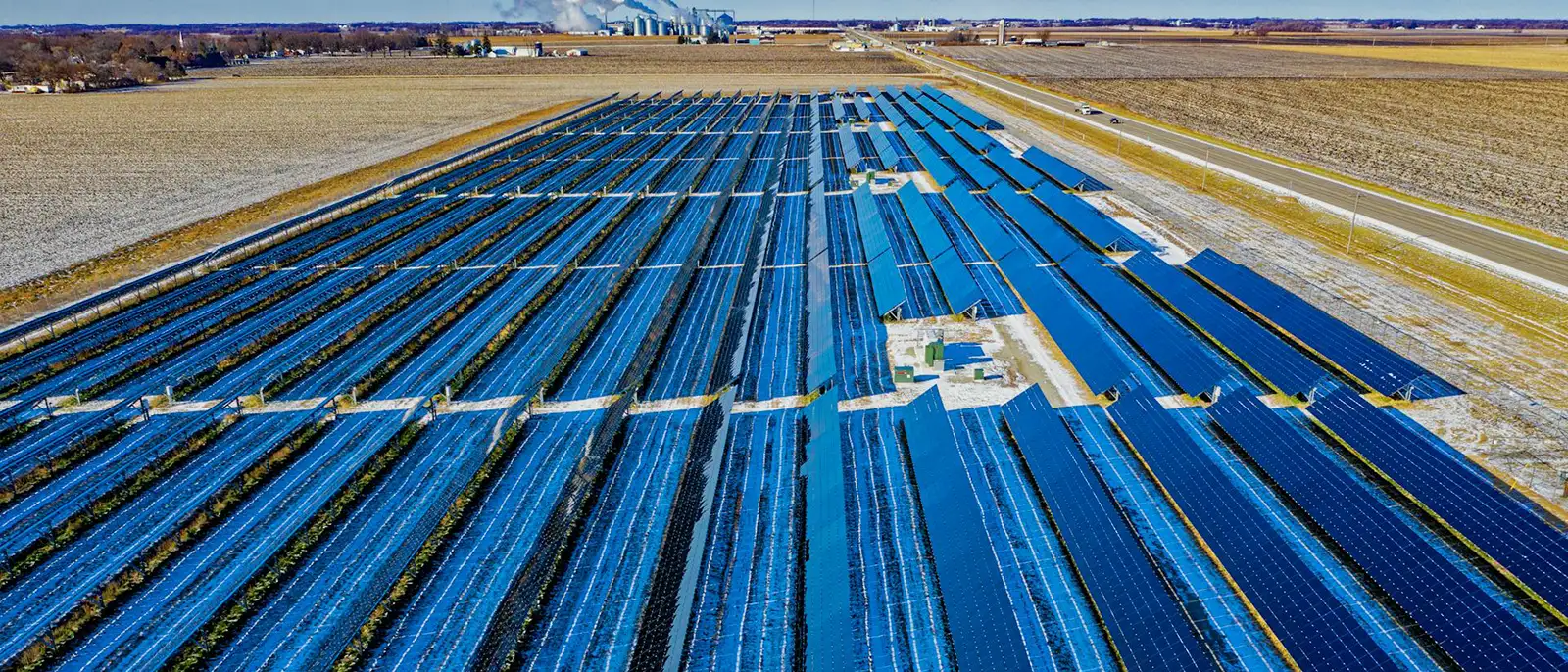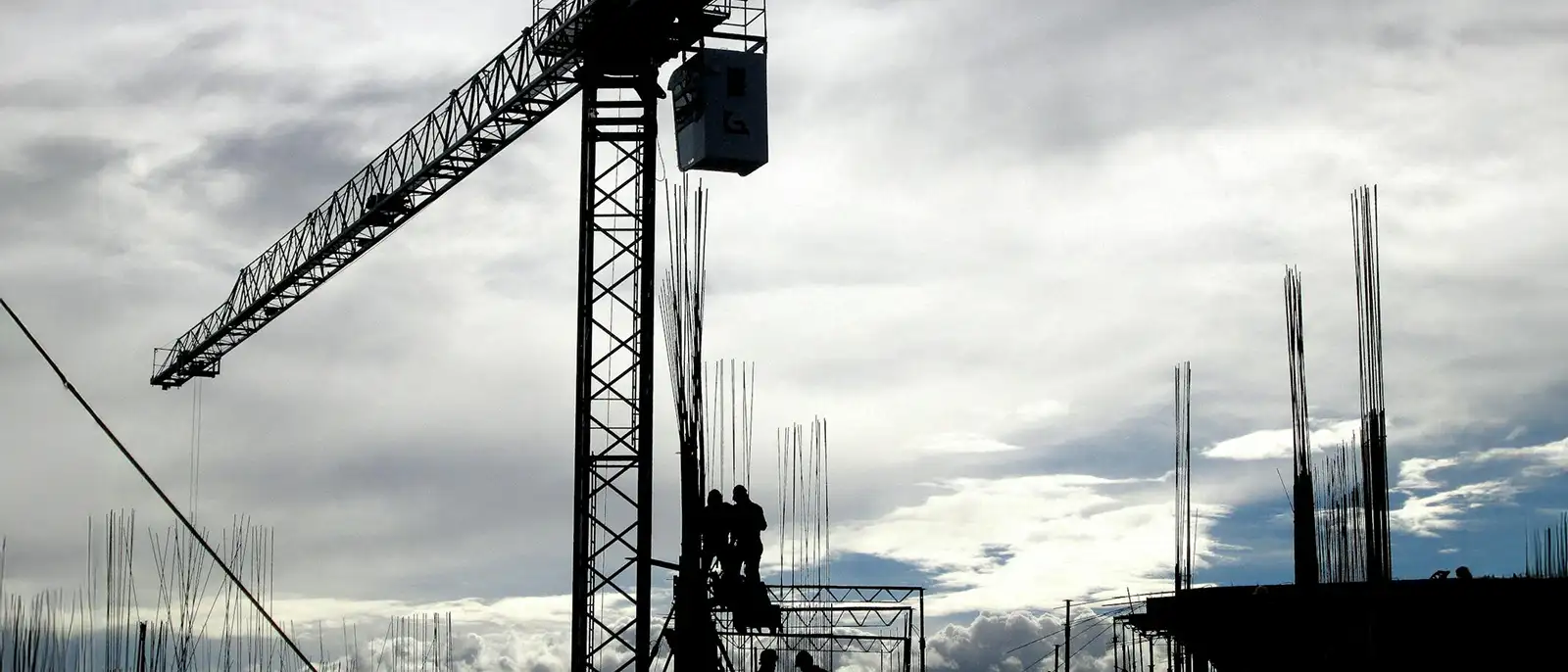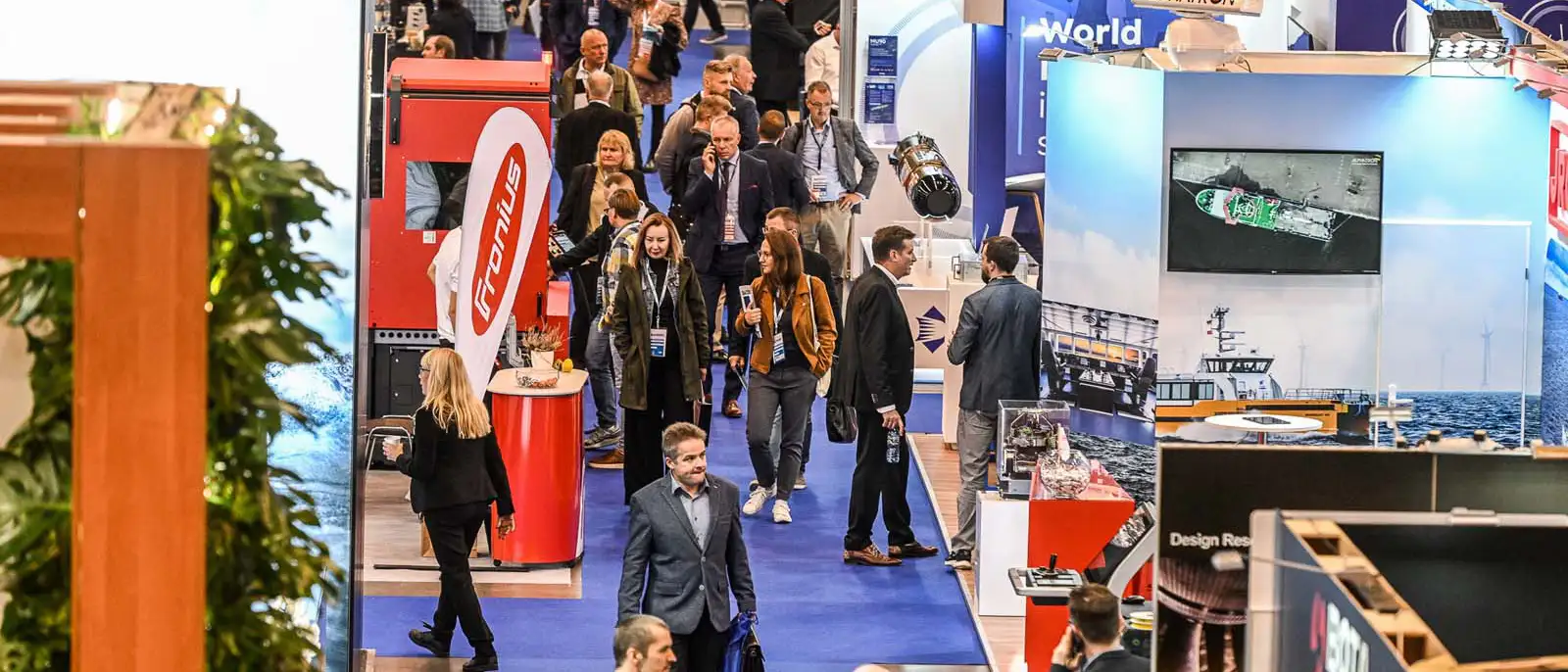Pomerania, previously known mainly for tourism and ports, is becoming Poland's new energy center. Intensive investments in infrastructure, offshore wind energy and renewable energy sources (RES) may lead to a situation in which the region produces more energy than it can consume. This overproduction of energy is both an opportunity and a challenge for the Baltic Energy Hub.
Offshore wind energy in the Baltic Sea is a key element of the Polish energy transformation strategy. By 2040, it is planned that offshore wind farms will produce approximately 10 GW of energy, which is approximately 1/7 of the current installed capacity in the country. Ultimately, offshore wind farms are to generate as much as 33 GW of power.
Additionally, the first nuclear power plant in Poland in Lubiatowo-Kopalina is expected to produce up to 1.6 GW of power in 2033, and after launching all three planned units - about 4 GW.

Current transmission networks are not adapted to accept such large amounts of energy from new renewable energy sources. According to the Supreme Audit Office, most power lines in Poland are over 30 years old.
The Pomeranian region does not have a sufficient number of energy-intensive businesses that could use the excess energy produced. The economic structure of the region, based mainly on small and medium-sized companies, services and the maritime industry, does not generate sufficient demand for energy.
Poland lacks appropriate infrastructure for storing surplus energy, which prevents effective management of production and distribution.

In the spring of 2024, the Ministry of Climate and Environment announced the signing of the first contracts for the modernization of Polish power grids, worth PLN 220 million. In the coming years, Poland will be able to use approximately PLN 85 billion to modernize the network, of which PLN 15 billion will come from European subsidies and the remaining funds from the National Reconstruction Plan.
Overproduction of energy may become an asset in attracting energy-intensive industries to the region, such as the production of advanced technologies, battery factories or raw material processing.
The Baltic Energy Hub has the potential to become a platform for cooperation and innovation in the energy sector, bringing together key industry organizations and supporting the development of the energy sector in the region.
PowerConnect Energy Summit, the first leading meeting of the energy industry in the north of Poland, will take place on March 26-27, 2025 in Gdańsk. As part of the fair and conferences, experts, decision -makers and business representatives will discuss the future of the energy sector in Pomerania and in the whole country.
This event will provide a unique opportunity to:

Overproduction of energy in Pomerania is both a challenge and an opportunity for the region. Key actions such as modernizing transmission networks, attracting energy-intensive investments and developing the Baltic Energy Hub can transform this potential obstacle into a driving force for economic development.
PowerConnect Energy Summit fairs will be an important moment for discussion and planning the future of energy in the region. It is there that decisions will be made, which may decide whether the overproduction of energy will become an opportunity for development or wasted possibility for Pomerania and all of Poland.